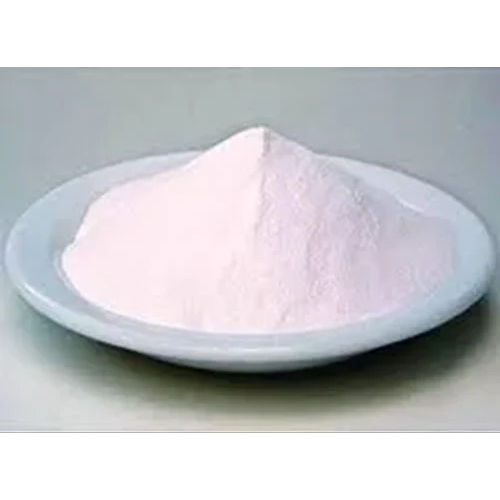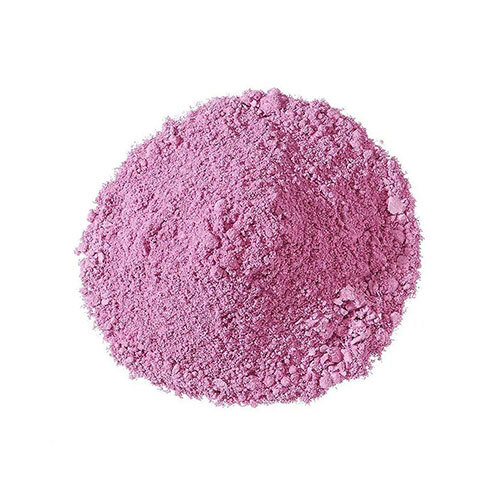Manganese Sulphate Mono
Product Details:
- Density 1.2 Tonne per cubic meter (t/m3)
- Solubility Clear
- Ph Level 6
- Appearance Pink Color Powder
- Molecular Weight 169
- Shelf Life 18 Months
- Properties Mn-32%
- Click to View more
Manganese Sulphate Mono Price And Quantity
- 60 INR/Kilograms
- 1000 Kilograms
Manganese Sulphate Mono Product Specifications
- Powder
- MnSO4.1H2O
- Pink Powder
- High
- Sour
- 2833
- Crystal
- NO
- Clear
- 1.2 Tonne per cubic meter (t/m3)
- Other
- Industrial
- Room Temperature
- Battery , Agriculture, Feed Additive
- 169
- Pink Color Powder
- 6
- Mn-32%
- 18 Months
Manganese Sulphate Mono Trade Information
- Ex plant
- 500000 Kilograms Per Month
- 10 Days
- Yes
- Contact us for information regarding our sample policy
- Asia Australia Central America North America South America Eastern Europe Western Europe Middle East Africa
- All India
- ISO
Product Description
Manganese sulfate is an inorganic chemical compound that is commonly encountered as a pale pink, deliquescent solid. It is one of the most commonly used manganese compounds and has several industrial and agricultural applications.
Chemical Properties
- Chemical Formula: MnSO„
- Molecular Weight: 151.00 g/mol (anhydrous form)
- Appearance: Pale pink solid
- Solubility: Highly soluble in water
Industrial Applications
- Fertilizers: Manganese sulfate is an essential micronutrient used in fertilizers and animal feeds. It helps in correcting manganese deficiencies in crops, which can improve growth and yield.
- Battery Manufacturing: Used in the production of batteries, particularly in cathodes for lithium-ion batteries.
- Ceramics and Glazes: Utilized in the ceramics industry to produce colored glazes and pigments.
- Textile Industry: Acts as a mordant in dyeing processes.
Agricultural Benefits
- Soil Health: Manganese is crucial for photosynthesis and nitrogen assimilation in plants.
- Plant Growth: Improves resistance to diseases and contributes to overall plant health and productivity.
- Deficiency Symptoms: Yellowing of leaves, poor growth, and reduced crop yields can indicate a lack of manganese in the soil, which can be corrected by applying manganese sulfate.
Health and Safety
- Toxicity: Manganese sulfate can be toxic if ingested in large quantities. It can cause symptoms such as neurological effects, similar to those seen in Parkinson™s disease.
- Handling: Proper personal protective equipment (PPE) such as gloves and masks should be used to avoid inhalation or direct contact.
Environmental Impact
- Eco-friendly: Generally considered to be environmentally friendly when used in appropriate amounts.
- Water Contamination: Overuse in agricultural settings can lead to runoff, potentially contaminating water sources.
Summary
Manganese sulfate is a versatile compound with significant industrial and agricultural uses. Its application in fertilizers is particularly important for addressing manganese deficiencies in soil, thus enhancing plant growth and crop yields. Proper handling and usage are essential to minimize health risks and environmental impact.

Price:
- 50
- 100
- 200
- 250
- 500
- 1000+
Other Products in 'Manganese Sulphate' category
GST : 24AABCN6799D1ZA
 |
N J AGROCHEM PVT. LTD.
All Rights Reserved.(Terms of Use) Developed and Managed by Infocom Network Private Limited. |






